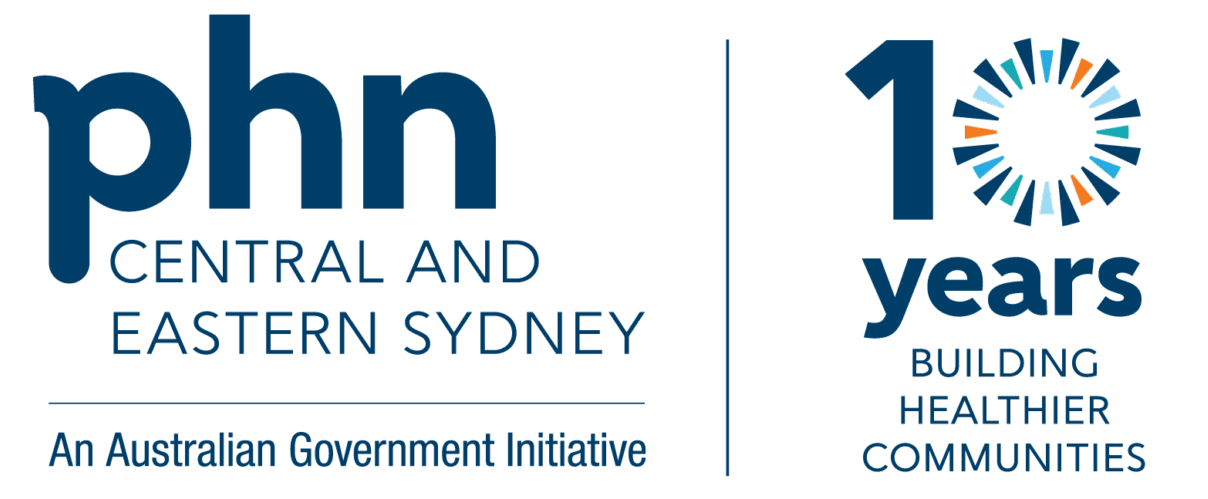GPs in the CESPHN region have reported that low levels of health literacy around cancer screening, especially in culturally and linguistically diverse (CALD) groups, makes having conversations about screening with patients more challenging considering the time restraints in general practice.
Resources have been developed aimed at increasing community health literacy around cancer screening, specifically in CALD groups, and to encourage people to discuss screening with their GPs and practice nurses.
The print flyer/brochure addresses bowel, breast and cervical screening and are available in 12 community languages (Arabic, Bengali, Chinese -simplified and traditional, Greek, Indonesian, Italian, Korean, Nepali, Spanish, Thai and Vietnamese). Messages and design were specifically selected by the community groups for optimal impact and informed by subject specialists.
In-language colour brochures are available in:
These resources were developed with funding support from the Cancer Institute and were a joint initiative by CESPHN, South Eastern Sydney Local Health District (SESLHD) and Advance Diversity Services. The resources were co-designed by culturally and linguistically diverse community focus groups. The resources reinforce the message that “Taking care of yourself is the best way of looking after your family”, a message that the focus groups felt would resonate with their communities.



